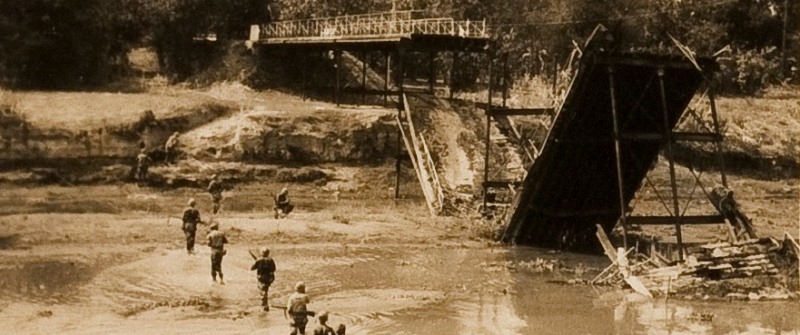
05 Mar Blog: Why Dutch socialists failed to facilitate a peaceful decolonization of Indonesia
By Henk Schulte Nordholt
Clement Atlee, who had replaced Winston Churchill as prime minister of the United Kingdom in 1945, helped to effectuate the rapid decolonization of Burma and India. However, Dutch socialists, who had also come to power in 1945, were unable to pursue a similar policy in Indonesia. Why?
In the pre-war political era, Dutch socialists had been excluded from power, but like the Labour Party in the UK, they were then given the opportunity to join the government. But while Labour was the sole governing party, the Dutch socialists (Partij van de Arbeid) were part of three successive coalition cabinets in which they needed to cooperate with the conservative Catholic People’s Party (Katholieke Volkspartij). In 1945, Dutch politicians were not prepared to accept the decolonization of Indonesia, as they were uninformed about the strength of the Indonesian republican movement and unaware of the changing international context, which no longer supported colonialism. The socialists were, moreover, primarily concerned with their own national agenda, which included the implementation of a new social security policy. The cornerstone of this policy was a law guaranteeing a state pension for the elderly, which was approved by the Dutch parliament in the spring of 1947. The socialists were determined to stay in power in order to be able to implement this particular policy, and this also determined their attitude towards the Indonesian revolution.
Lack of statesmanship
The first diplomatic negotiations between the Republic of Indonesia and the Dutch government took place in the Netherlands in April 1946 and ended in a deadlock. Due to pressure from the Catholic party, the Dutch government refused to recognize the Republic and the socialists gave in. Continuation of the coalition government was deemed more important than a generous recognition of the Republic, which could have paved the way towards peaceful decolonization. This would have required a show of brave statesmanship on the part of the leader of the Dutch socialists, Willem Drees. But this was something he was unable and unwilling to do, as he was too afraid that a domestic political crisis would lead to another long period of ‘political exile’ for his party.
Governor general Hubertus van Mook, who had pleaded for recognition of the Republic, was deeply disappointed. Following the aborted negotiations in the Netherlands in 1946, he bitterly concluded that “Drees considered the old-age pension more important than the future of Indonesia”.
This attitude also determined the Dutch government’s decision to initiate two military interventions, in 1947 and 1948. These did not bring about a political solution, but instead led to the death of thousands of Indonesians.
The decision to start the first military intervention in 1947 sparked a heated debate within the socialist party. However, the party line of giving preference to domestic polities won the day.
Is this information new? Yes, it would seem so, as most handbooks on the Indonesian Revolution have not mentioned it. And yet no, because Harry Poeze (1980) and Ronald Gase (1987) have already written about it in some Dutch language publications. Digging up old discoveries is sometimes worthwhile, as they can then be rescued from oblivion.
Harry Poeze, ‘De Partij van de Arbeid en Indonesië, 1945-1950’, in Verstrikt in verbondenheid; Nederland, PvdA en Indonesië 1945-1980. Amsterdam: Evert Vermeer Stichting, pp. 12-22 (1980).
(Henk Schulte Nordholt is head of research at KITLV and KITLV professor of Indonesian History at Leiden University. His main fields of research include Southeast Asian history, contemporary politics in Indonesia, political violence, and the anthropology of colonialism).




Wasino W
Posted at 00:29h, 07 MarchInteresting question must be search for from the two side. Indonesian dan Dutch from that time. I think Japanese factotrs impirtant factor too.
Emile Schwidder
Posted at 11:51h, 03 AprilEspecially of interest: Contacts between the British Labour Party and the SDAP/PvdA about question Indonesia/decolonisation during 1945-1949. Sources IISH Amsterdam